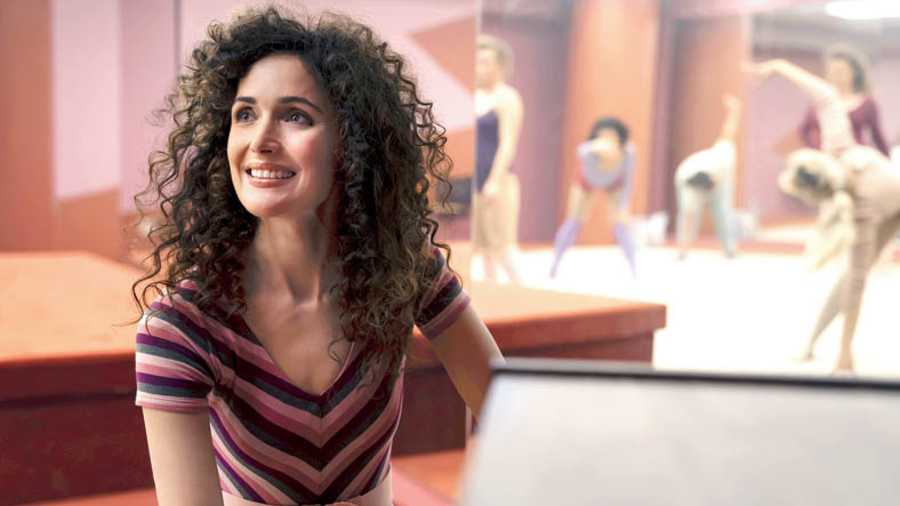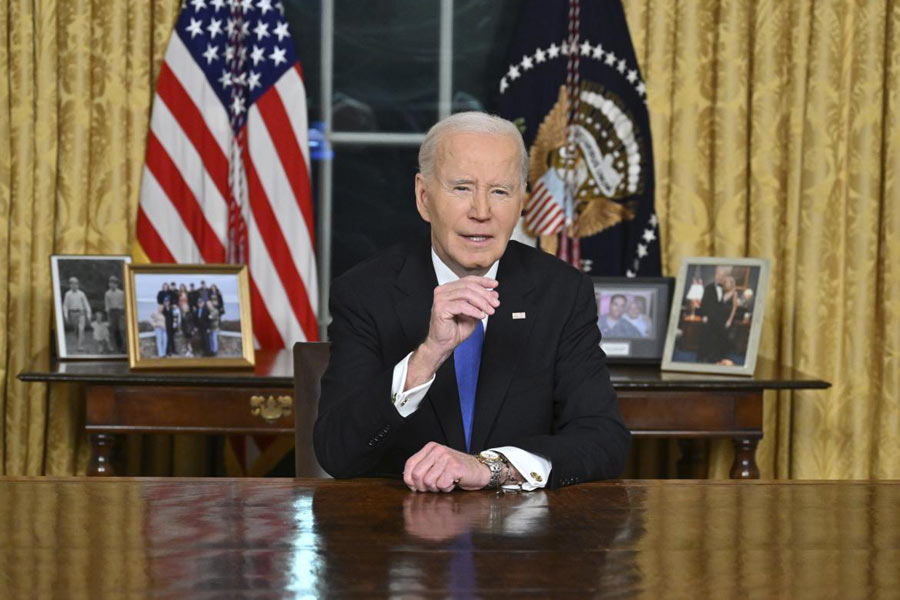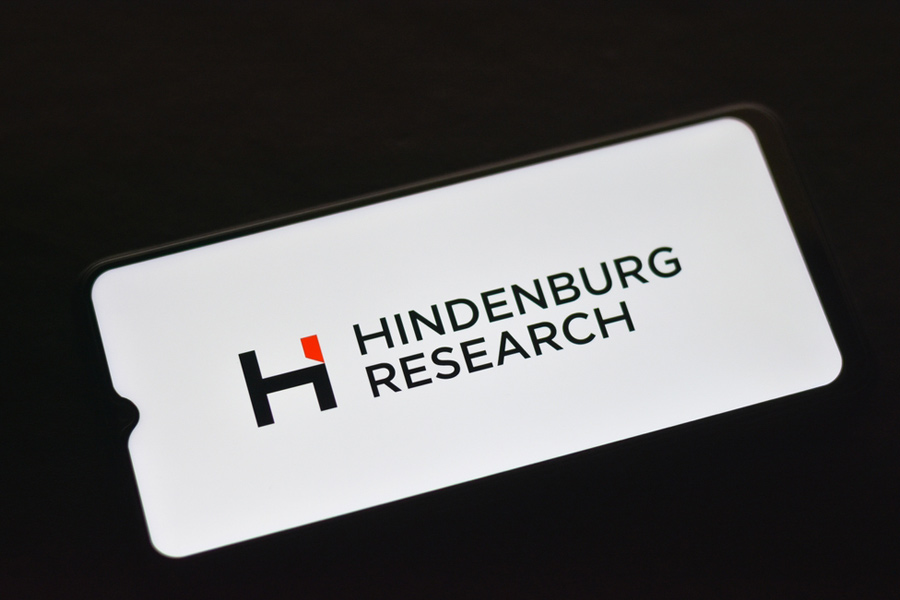Hi, how nice to meet you again.” That’s a reasonably polite greeting even though a voice inside the head yabbers away: “That loathsome creep.” This past one year or so, cut off from society in general, we have been often talking aloud to the person who’s always around — ourselves. That squishy centre of our brain is chatty more than usual, making it easy to empathise with Rose Byrne’s Sheila Rubin in the Apple TV+ show Physical: “Wrinkles and zits, that’s a real sexy cocktail you’re serving up.”
With every 30-minute episode, we dive deeper into Sheila’s mind, who goes from being a former Berkeley activist to a down-in-the-dumps housewife with a boorish husband, Danny (Rory Scovel) to creating an aerobics empire on VHS. Sheila is as polite as her miserable life allows but with every (sort of) polite sentence, her inner voice spouts a dozen truths.
After the first few minutes of a confident, successful Sheila in leotards in 1986 — a reminder of the Jane Fonda followed by the Cindy Crawford era — the clock turns back quickly to 1981 when her college professor husband had managed to coax her into having a three-way with one of the students. At this point, Sheila was as confident as a child learning to ride a bike but her mind didn’t need any growing up. She kicks the student out, leaving Danny waiting in his favourite wardrobe choice (on many episodes) — naked and clueless.
Her train of thoughts becomes as much a character in the show as Sheila herself — dark, battling demons on every front and trying to find a semblance of contentment. Except the interactions with her daughter, every person she meets gives her food for thought. Even while having sex with her husband, her mind can’t switch off.
As if managing her thoughts is not enough, she has to deal with her expensive eating disorder (to the tune of $50 a binge), which involves a dash through a burger dive-in and into a motel room where she can finally be at peace with herself. This routine exercise is mounted artistically as much as all her conversations that turn to food. And perhaps there lies the small speed bumps to the series — almost every inner conversation turns to food while she can’t stop considering herself – though wrongly — as fat and unlovable. She looks like Jane Fonda, Cindy Crawford or Cher in their workout videos but Sheila is unable to accept this truth as much as the truth that she need not put up with — her husband’s idiocy. Her clouded vision even stops her from accepting the friendship of Dierdre Friel’s Greta, one of the moms at her daughter’s school. Greta is overweight, which is something Shiela doesn’t want to be.
It is only when good-for-nothing Danny is sacked that the show picks up pace as the man wants to become a politician for which a big withdrawal needs to be made from the savings account that has been depleted by the routine $50 outings of the wife. This is when the once-hippie-activist begins to start thinking on her toes, bringing out the cunning capitalist hiding inside: sort of blackmails an aerobics fitness instructor — Della Saba as Bunny — at the local mall to give aerobics lessons at a time when fitness home videos were virtually becoming a cottage industry.
Women were suddenly punching the sky to the music of Olivia Newton-John — Let’s get into physical/ Let me hear your body talk — and the likes, at home, in front of the TV, decades before YouTube tried to do the same. Of course, it took people years to realise that all the non-stop jumping and kicking on the concrete floor in bad tennis shoes did more harm than raise one’s pulses.
However, the Annie Weisman creation at times appears to pivot too much on a self-loathing inner voice than make us root for Sheila, despite being clearly informed the reasons for her happiness. Support from the cast members in way of injecting a comic twist is in plenty and there is a great backing soundtrack.
Yet, Physical marks the return to a time when life appeared vibrant and middle-aged metabolism seemed to be going northwards. Behind that image, Sheila is trying to write a narrative of women’s empowerment while her mind can’t guise the truth: “You’re trusting this ding-dong with your life.” It’s about a woman empowered by her own audacity.
Physical is now streaming on Apple TV+










